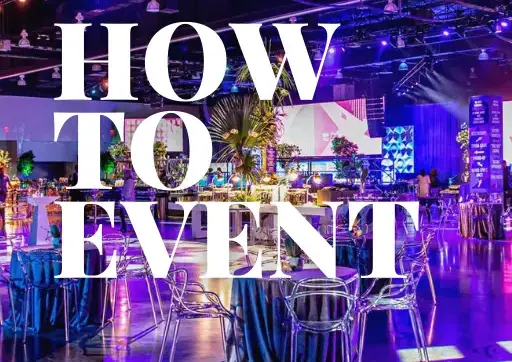Use the above button to download our Event Planner Notebook Part 2 to access our EventMploy planning resources and tools for you to fill in as you plan. In Part 2 we cover the when, where, and how of planning your next event. Read our guidance on planning for event risks.
When should you stage your event?
There are a number of considerations when determining when to stage your event. These are just some examples…
- What else is happening – research other competing events or other events that may impact the staging of your event, for example if you need to hire marquees it is a good idea to make sure there is not another event in town on the same weekend hiring out all the good marquees.
- Review back to the event vision, when should the event take place to achieve the vision.
- Think about the lead time you have available. Working out your event timeframe means having a clear idea of all of the tasks and activities needed to be completed.
- Is your venue available. Some events might not work if they are not in the right venue, a major sporting event needs a stadium, a couple might have a dream location in mind for their wedding or the event has capacity requirements that can only be met by a certain venue. In these situations the When of the event might be dictacted by venue availability.
- Sporting events might have to occur at a certain time of the year or part of the season.
- How complex the event is
To give you some idea a milestone birthday party can take around a month to organise. A networking event, customer appreciation event, product launch somewhere between 3 to 6 months and a fundraising gala, trade show or a fete could take 6-12 months.
Finally think about your target market and determine an event time that is most likely to suit. Family events during the day over a weekend but not too late on a Sunday for example.
Use the planner document in our E-book to determine the best time for your event.
Choosing a venue
Choosing a venue may be simple if you have a readymade venue at your fingertips like a school, however if the choice of venue is not forced upon you these are some of the things you need to think about when selecting the venue:
- Does it fit with the event concept?
- Will the venue hold the expected attendance?
- If your event is a free event can the venue can cater if more than expected people turn up?
- Is the venue available when you need it?
- Does the venue have a good reputation among event managers and customers?
- What are the technical capabilities of the building like free wifi, ability of the venue to support your audio-visual requirements?
- What does the venue provide, what facilities and amenities are available – parking, toilets, cloak rooms?
- What food and beverage facilities are available?
- Do they have a licence to serve alcohol?
- Does the venue provide event staff?
- Does the venue have sustainable practices?
- How safe is the venue, do they have an emergency management plan?
Developing a checklist of these things will help ensure you have all of the potential issues covered, it’s really hard to remember everything so keeping a list like this will be invaluable.
Accessibility and community impacts
Is the venue or your event easily accessible? Is there public transport nearby? Are there parking facilities?
The time of your event will impact how people will travel. An event finishing later in the night will have a higher number of event attendees looking to drive. If it is too hard or inconvenient to get to the venue your attendees just won’t come.
Also remember that the customer experience includes the journey to the event. The last thing you want are attendees turning up to the event in a bad mood because there was no parking or bad traffic management which created traffic jams and they were late for the start of the event.
Think about the impact of the event on the local community. A heavy metal rock outdoor concert will have a higher impact on the community than a classical concert held in an auditorium.
If you are holding an event on the weekend in a local community, you may need to talk to the local council about road closures and advise residents about the expected increase in pedestrian and vehicle traffic.
